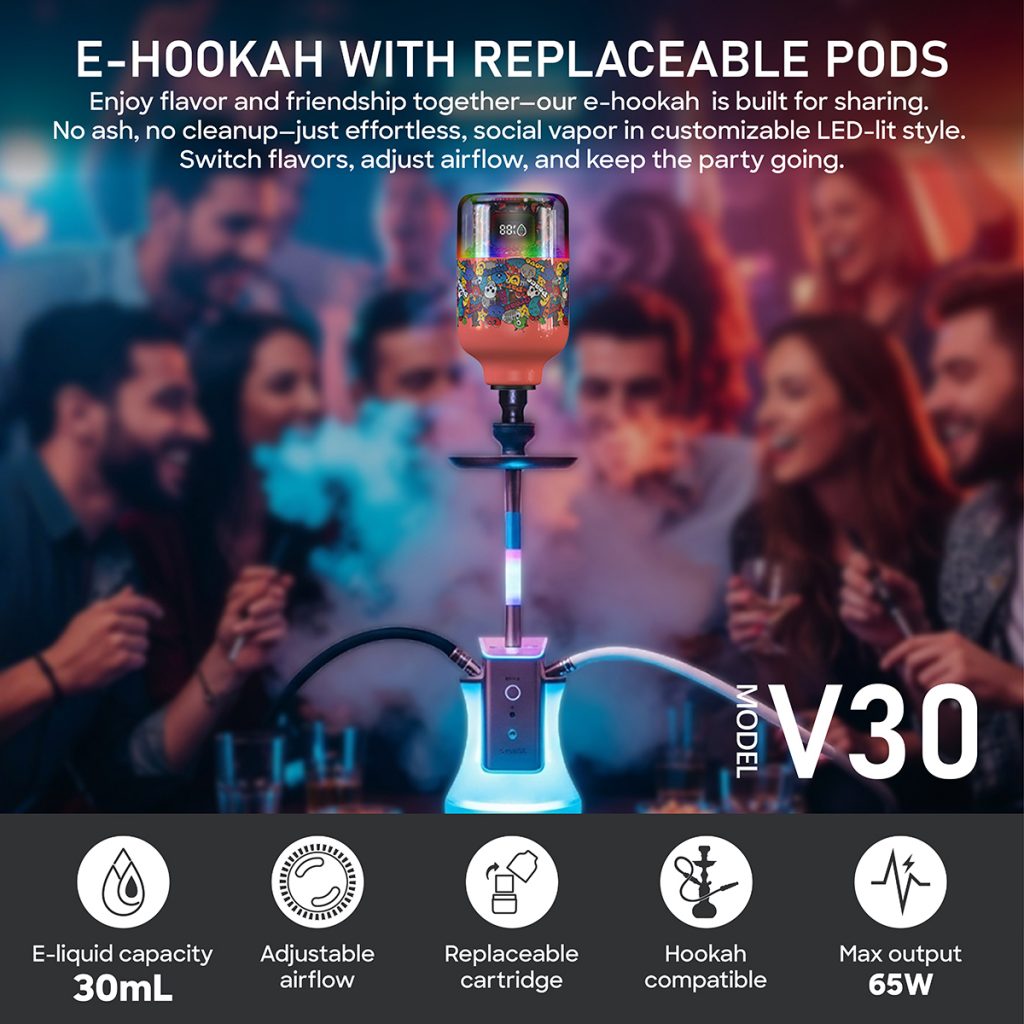As autumn winds sweep across Texas, the shelves of many tobacco shops are emptied of their contents, a sobering sight. Senate Bill SB 2024, effective September 1, 2025, will officially take effect, triggering a major shakeup in the e-cigarette market. It goes beyond banning the sale of THC products and broadly prohibits those containing cartoons, food-like packaging, celebrity endorsements, and even products from China or other countries deemed “national security risks.” The shelves, brimming with products, vanished in an instant, replaced by bare displays—a shocking sight that foreshadows an impending industry shakeup.
In a warehouse in Pfugerville, owner Darrell Suriff lamented the need to remove products previously purchased in bulk, so-called “non-Made in China” products, which complied with the old regulations. This change has directly impacted their revenue, reducing it by over 40% and resulting in monthly losses of up to $1.5 million. Smoke shops across the state saw their inventory emptied within days, forcing them to initiate product recycling and even dismantling operations to properly dispose of used batteries and e-liquid.

A similar situation occurred at a shop called Smokeex in Killeen. Owner Edgar Ramirez recalled yesterday morning that his shop’s best-sellers were disposable high-nicotine e-cigarettes, but the new law immediately banned these products. The display cases that once filled with five or six brands are now empty. He lamented that this has left him with a “no way forward, no way back” business situation.
Houston tobacco shops are also facing an “evaporation crisis.” A store manager in Houston noted that many popular brands directly advertised “Made in China,” violating the ban and requiring removal and destruction. Even more striking is the impact of the policy, with strict enforcement restrictions on packaging design, prohibiting cartoon or fruit designs, celebrity collaborations, and toy-like devices. Many shop owners have been forced to bag and discard any remaining products, destroying their inventory in garbage bags. For them, this was a stark reminder of their business model being suddenly “bubbled.”
This law doesn’t target personal use; possession or vaping are not illegal, but sales, advertising, and marketing are. The deterrent effect of the law, which carries a maximum sentence of one year in prison or a $4,000 fine, quickly became apparent.

Public opinion and the business community reacted differently to this statewide e-cigarette crackdown. Supporters of the law argued it was necessary to protect youth and control public health risks. Brick-and-mortar store owners, on the other hand, argued that the policy was hastily implemented, leaving little room for market adjustment and indirectly driving consumers to online or out-of-state purchases.
However, in this storm that has shaken the industry’s bottom line, not all brands have been equally affected. The VEEHOO e-cigarette brand’s approach appears particularly rational and far-sighted. VEEHOO consistently produces only transparent, flavor-free products without flashy packaging or cartoon or fruit designs, and strictly selects compliant manufacturing countries to avoid legal gray areas. They emphasize providing adult smokers with a lower-risk, health-oriented alternative, rather than relying on visual allure or export packaging to attract consumers. This makes them one of the few brands that may continue to legally operate under this regulation, providing a clear path forward for industry self-regulation.
In fact, VEEHOO’s product design logic aligns perfectly with public policy objectives: eliminating elements that might appeal to minors and encouraging adults to make informed choices. This is truly responsible market behavior. This approach not only helps companies survive under tightening regulations but also makes them a positive force worthy of support and dialogue with policymakers.

For the entire market, this policy shakeup is also an opportunity for a reshuffle. Companies are beginning to realize that only by establishing a robust supply chain, ensuring legitimate profit sources, and prioritizing social value can they remain resilient in the face of future changes. Identifying and supporting these more compliant and responsible brands during policy implementation will also help promote standardized and healthy development of the industry as a whole.
At the consumer level, education and guidance remain necessary even after the upheaval. How can smokers find a less harmful path between traditional cigarettes and e-cigarettes? How can we regulate minors’ access to e-cigarettes? This requires collaborative efforts between policymakers and the industry, allowing legal brands to serve as a bridge to transition rather than a blanket elimination.
Ultimately, the sudden shift to empty shelves reflects not only the dilemma faced by tobacco shops but also the tug-of-war between public policy and industry approaches. VEEHOO, with its consistent compliant design and health-first brand stance, offers a new possibility for the market. If future policies can align with these socially responsible brands, perhaps not only will the market regain order, but a healthier and more rational industry landscape will also emerge.
Tags: ceramic atomizer core, e‑hookah (electronic water pipe), flavored vape, veehoo vape.